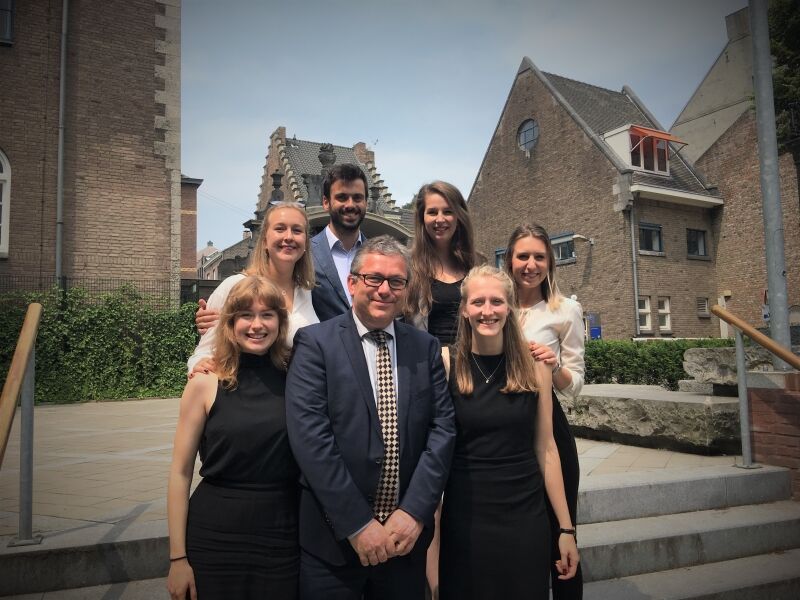

Skills development: Next steps to turn ideas into reality
DECP has developed a clear vision on programmes with regard to skills development; concepts and ideas should be turned into practice through an action agenda. Employers’ organisations can take the lead themselves. For example by identifying economic sectors that have the potential to grow but that suffer at the same time from a gap or mismatch of skills. Lobby and advocacy is one way to find solutions. But these processes take a long time before results are achieved. Therefore, DECP advises partners to organise round tables with representatives of promising sectors, to identify the main problems and to unfold causes. This was the central theme of the recently organised cross-cutting workshops in Nairobi, Bangkok and Abidjan.
Participants came up with good ideas. But …… it would be helpful to have a set of tools which support round tables, job profiles, job function templates and assessment. Therefore, DECP, together with PUM (Netherlands Senior Experts), decided to define an assignment for a team of master students at the Maastricht University. These students are all completing a one year’s master degree in Management of Learning. In April, the DECP-PUM team started to design a research set-up which should lead to a set of useful deliverables.
Just imagine; six young and eager students who have the opportunity to discover a whole new world! The world of employers and employees. They got access to the rich networks of DECP and PUM and interviewed -among others- experts in the field of education, staff members of trade unions in the Netherlands and Africa, ambassadors, executive directors and HR managers of employers’ organisations in Uganda (FUE) and Ivory Coast (CGECI).
Even if it was long distance by using Skype, WhatsApp and other internet technology, the students were very excited about this new experience. With support of their academic coach and coaching of DECP, the team managed to get a grip on the complex issue of skills development. As a result of research, inspiration and the information they gathered, the students developed the Competence Management Cycle (CMC).
CMC is a method that provides managers with a common language and with information on how, why and when to apply competency management. The cycle is designed in a practical manner so as to increase the usability for the (SMEs’) managers. The CMC method consists of four major phases: Mapping, Diagnosing, Developing and Monitoring. A set of practical tools is included. The CMC can be adjusted to the needs and preferences of the end-user.
DECP will implement the CMC in workshops in the near future. An article that explains more about the CMC backgrounds will be published in English and French shortly. Do you want to receive the report? Just send a request to erp@decp.nl.